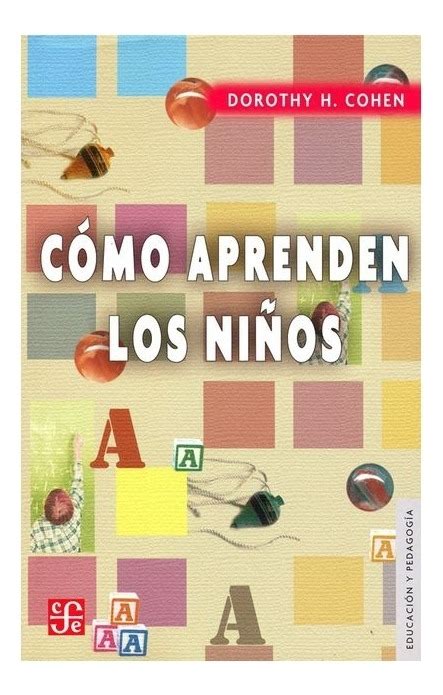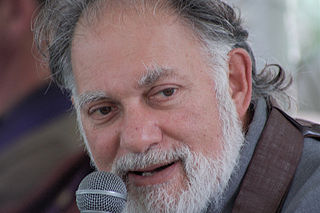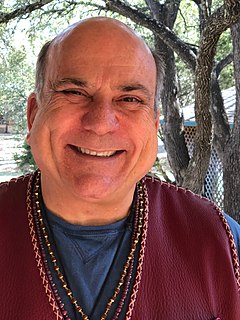A Quote by Riane Eisler
Schools in which students and teachers relate as partners-where Rosenberg's Nonviolent Communication is part of every interaction are communities of learning, rather than top-down, impersonal factories. Young people begin to see school as a safe and exciting place of exploration where they can share feelings and ideas, and where each child is recognized, valued and nurtured.
Quote Topics
Begin
Child
Communication
Communities
Down
Each
Every
Exciting
Exploration
Factories
Feelings
Ideas
Impersonal
Interaction
Learning
Nonviolent
Nonviolent Communication
Nurtured
Part
Partners
People
Place
Rather
Recognized
Relate
Safe
School
Schools
See
Share
Students
Teachers
Than
Top
Valued
Which
Young
Young People
Related Quotes
When a child’s life is full of sights, sounds, tastes, smells, textures, people and places, he will learn. When he feels safe and loved, he will learn. When parents begin to recover from their own ideas of what learning should look like (what they remember from school), then they begin a new life of natural learning, too.
Nevertheless, no school can work well for children if parents and teachers do not act in partnership on behalf of the children's best interests. Parents have every right to understand what is happening to their children at school, and teachers have the responsibility to share that information without prejudicial judgment.... Such communication, which can only be in a child's interest, is not possible without mutual trust between parent and teacher.
The extraordinary language of Nonviolent Communication is changing how parents relate to children, teachers to students, and how we all related to each other and even to ourselves. It is precise, disciplined, and enormously compassionate. Most important, once we study NVC we can't ignore the potential for transformation that lies in any difficult relationship - if we only bother to communicate with skill and empathy.
When I was in Wuhan, I went to the art school, which was one of the most important art schools in China, an enormous art school. One of the things that I saw is that the schools are very big and there are so many students. It is very difficult to me to teach creative activity to great numbers of people, because I think you need personal contact with students, you need to speak individually, you need individual contact between teachers and students, you need continuity. To me this is a problem in mass education in every society now.
The American Federation of Teachers has a long track record of working with administrators, parents, and communities to provide real help to struggling students and low-performing schools. We've learned that intensive interventions, proven programs, and adequate resources can transform students' lives and their schools.
Not every child learns for the same purpose, not every child thrives in the same settings and schools. Limiting a child to just one opportunity does nothing more than limit that child's future. The way forward must involve more public charter schools, which offer parents a tuition-free alternative to their neighborhood school.
Differentiated Instruction is a teaching philosophy based on the premise that teachers should adapt instruction to student differences. Rather than marching students through the curriculum lockstep, teachers should modify their instruction to meet students' varying readiness levels, learning preferences, and interests. Therefore, the teacher proactively plans a variety of ways to 'get it' and express learning.
As far as nonviolence and Spiritual Activism, Marshall Rosenberg is it! Nonviolent Communication: A Language of Life, is essential reading for anyone who wants to improve their communication skills. Applying the concepts within the book will help guide the reader towards a more loving, compassionate, and nonviolent way of understanding and functioning with others, and foster more compassion in the world. I highly recommend this book.
The university is the place where the pursuit of truth is taught, the rules for learning how to pursue it are explained, and students begin to understand how to evaluate the seriousness of truth. Those are incredibly important lessons, and only the teachers' academic freedom can protect them because there will always be people who disagree with or disapprove of the ideas they are trying to convey.
I think that we need to begin talking about what does it mean to create these safe spaces in our communities, to begin welcoming one another into our homes and into our communities when they're returning home from prison, people who are on the streets. We need to begin doing the work in our own communities of creating the kind of democracy that we would like to see on a larger scale.





































